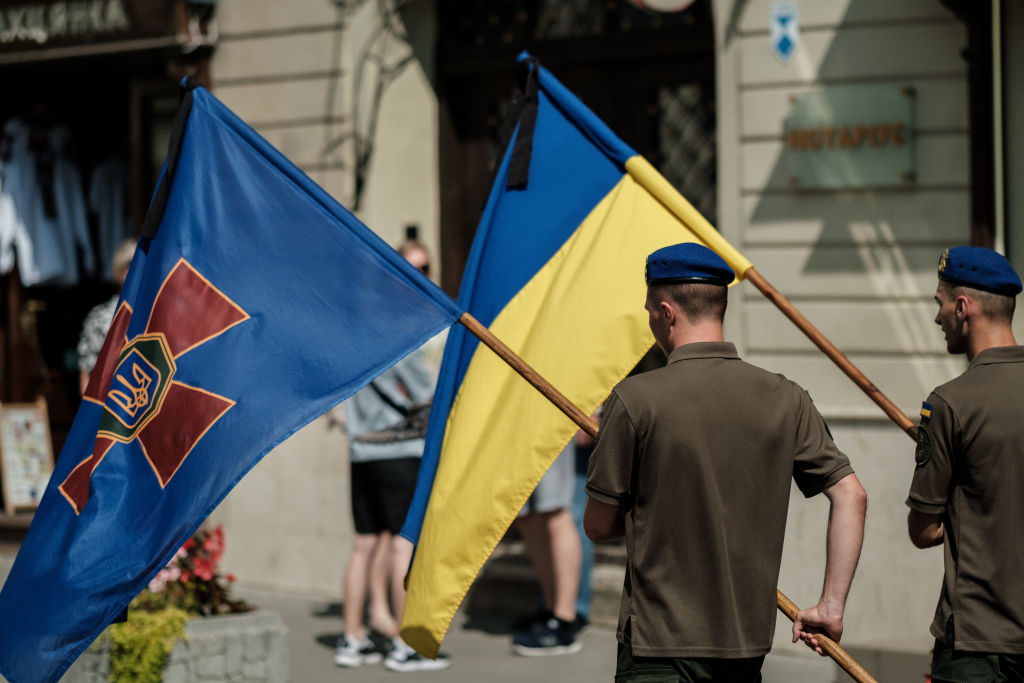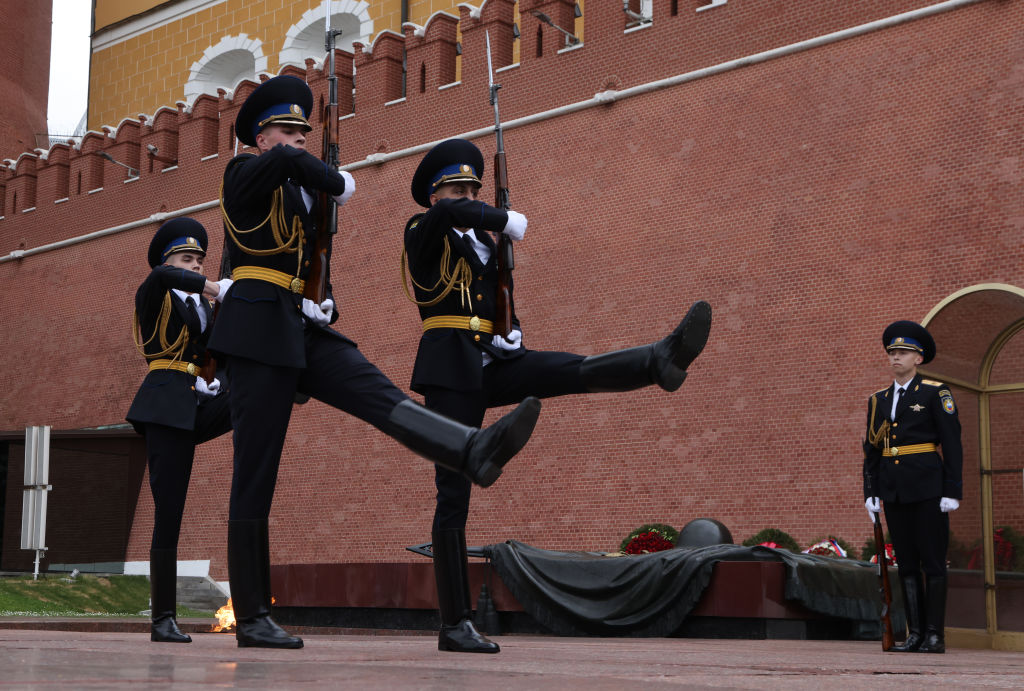The European Union’s plan to integrate Ukraine into the EU does not currently include the parts of the country currently under Russian control, a senior eurocrat has claimed.
Moray Gilland, head of the European Commission’s interregional and transnational cooperation unit, confirmed that no such plans for bringing these regions under EU control currently exist. He spoke during an event at the Committee of the Regions (CoR) on the future enlargement of the EU on October 8.
“Ukraine’s integration process continues, focused on the regional level, not including regions under Russian control for the time being,” he said.
Gilland added that the EU expects to apply the same processes to these areas that it is planning to apply to the Kyiv-controlled regions once they are taken back by Ukraine.
The European Union has estimated the cost of reconstruction of Ukrainian territory under Kyiv’s control at €450 billion, equivalent to three times the country’s annual budget, reported Andreas Jaadla, member of the Rakvere City Council (Estonia) and member of the CoR working group on Ukraine.
Although Ukraine is neither a member of the European Union nor of NATO, Brussels has been working for years on the development of key regions for future EU enlargement. “Our collaboration has no territorial limitation. Every EU region can cooperate with any neighbouring region, which contributes to integration and cohesion,” Gilland explained.
Meanwhile, Yana Romaniuk, a representative of the Ukrainian national authority, highlighted her country’s participation in EU programmes since 2004, especially in transnational cooperation and border control.
Reconstruction of the Kyiv-controlled regions is based on an industrial restructuring plan aligned with current priorities. “Protecting the energy infrastructure is a priority,” said Valeriia Volkova, a member of the Kremenchuk city council, who detailed Ukraine’s plans to increase the capacity of solar plants.
In addition, Ukrainian industry will be geared towards the “production of drones and military hardware,” Volkova explained, as part of efforts to strengthen its defences against Russian aggression. “In this struggle we need radical changes towards unity, to become a single democratic family,” she concluded.
Despite progress in the integration of new territories, doubts persist in some Ukrainian regions about the EU enlargement process, especially in relation to countries such as Bulgaria, which are net recipients of EU aid.
This concern is shared by Poland, which sees in the Common Market a possible conflict of interests, since Ukraine and Poland would compete in the agricultural sector.
The enlargement of the European Union is now both a “moral duty” and a “geopolitical necessity”, a senior Brussels bureaucrat has claimed. https://t.co/v2A8XvsoXQ
— Brussels Signal (@brusselssignal) October 8, 2024





